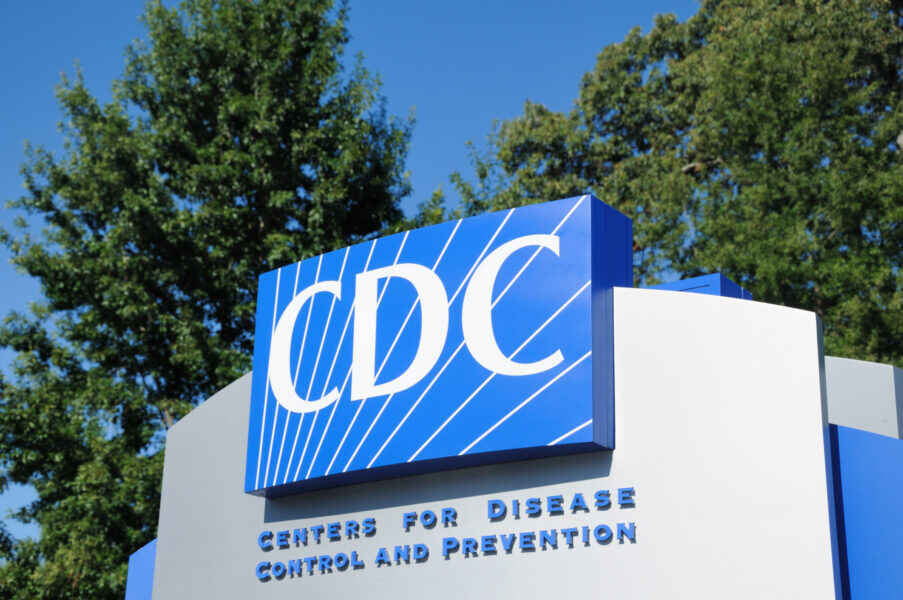
End of COVID-19 Public Health Emergency Brings Changes to CDC Data Collection and Surveillance
Law & Policy InsightsHealth Information and Data SharingCOVID-19With the end of the COVID-19 Public Health Emergency, reporting of certain data to CDC, and consequently some data analytics and surveillance provided by CDC, will no longer be available after May 11. The impact of these changes means that the public will no longer see certain metrics from CDC, such as color-coded transmission levels and community maps. More broadly, it means a less centralized approach to COVID-19 data collection and reporting to the public and a return to the fragmented public health system where states and localities exercise their own legal authority.











